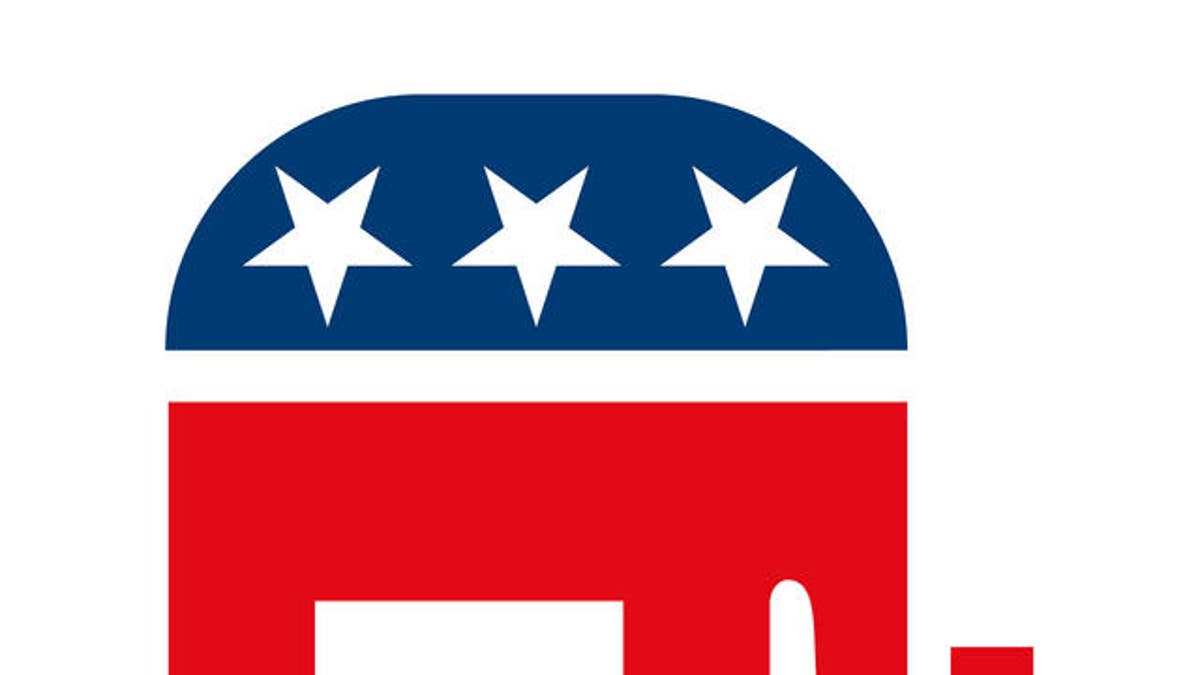
AP
Optimism. It is a sentiment that has been missing from the ranks of the Republican Party since before the 2006 midterm elections and one which is primed for a comeback.
Notwithstanding the negative commentary about the state of the Party, I am optimistic about the outcome for the Republican Party in both the 2010 Congressional elections and the 2012 presidential campaign.
First, I am optimistic based on a personal experience. Recently, I attended a fundraiser for Gov. Pawlenty's Freedom First PAC in Washington, D.C. The event brought out Republicans of all ages and backgrounds to a venue located just a stone's throw away from the Capitol. The over-capacity crowd, ranging from McCain campaign veterans to high school students who are interested in getting involved in politics for the first time, was full of energy, enthusiasm and determination. The conversations centered not just on Governor Pawlenty and his future, but also the good chances of Republicans in this week's governors races, as well as optimism about 2010 and 2012 and conviction that the Republican ideals of small government and personal responsibility will bring the Party back to power. A downtrodden party does not have gatherings like this one. -- A party that is ready for a comeback does.
Second, I am optimistic because history and the Democrats' most recent job performance are all working to the Republican advantage. The last two presidents to come in with their party controlling both houses of Congress were Jimmy Carter in 1977 and Bill Clinton in 1993. In 1978 Republicans made strong gains in both Houses of Congress and in 1981 Ronald Reagan moved into the White House. In 1994 the Republicans swept to a majority in both Houses led by Newt Gingrich and his Contract for America. The Democrats' performance in Congress and the White House should not give them any comfort that history will not be repeated in 2010. Without any tangible successes by Congressional Democrats in the last year, it is safe to say, and many Democrat strategists agree, that Democrats will lose seats in both Houses in 2010, and may lose control of said Houses if their performance and approval ratings do not improve dramatically.
Third, looking ahead to 2012, President Obama has followed the lead of Harry Reid and Nancy Pelosi by making a lot of speeches and announcing drastic changes in every area ranging from financial system overhaul to health care reform. But any actual achievement by the president is hard to pinpoint and a 25 point drop in approval ratings is the result of such dearth of successes. What in February looked like a signed, sealed and delivered reelection is now tenuous at best. The president has to succeed on two out of three fronts – the economy, Afghanistan/Iraq and health care in order to have a strong chance to stay in the White House, and if the first nine months are an indicator, that will not happen.
While some point to a lack of a clear front runner for the Republican nomination for 2012 as a problem, I believe a wide field with candidates ranging from strongly conservative to moderate will energize all the various wings of our Party, and that energy from the whole Republican spectrum will be channeled into winning the general election based on a coalition similar to those enjoyed by Reagan in 1980 and 1984.
The last four years have not been easy for the Republican Party but it is important to remember that just because elections have been lost, that does not mean that the main principals of conservativism have been defeated. After all, the latest Gallup poll states that conservatives outnumber liberals in this country by 20%, and that is another reason for optimism as we look to 2010, 2012 and beyond.
Boris Epshteyn is a political strategist, attorney and business consultant in New York City. He served as a communications aide on the McCain – Palin 2008 presidential campaign. He is a frequent guest on Foxnews.com's "The Strategy Room" and has appeared on other Fox News Channel programs. Contact him at boris@strategy-llc.com.
